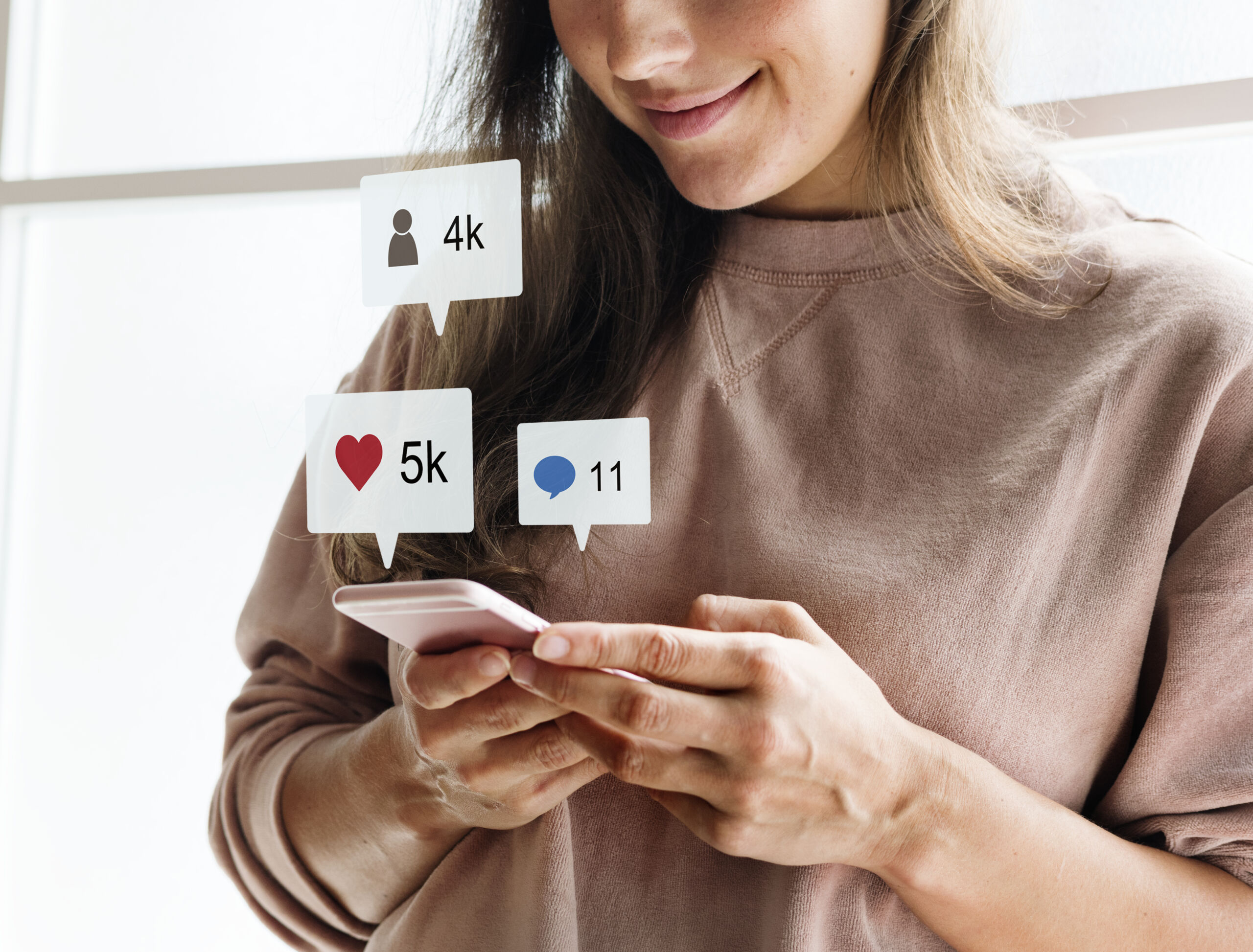Social Media has become an important part of people’s lives without them realizing it. People spend several hours in a day with their face in their screens, without thinking that this habit can affect their mental health. Whether it is TikTok, Instagram, Facebook or LinkedIn, more and more people get absorbed by these apps, spending a lot of time liking, posting, and reacting at other’s content.
Many aspects in life changed and adopted a digital form. People now have digital identities, digital friendships, virtual realities. For many, the internet can be a source of entertainment, for others a means for connection, or a way of expressing themselves.
Social Media is more complex than people think and can cause problems in many forms, from physical to psychological health problems.
Consequences of Social Media on mental health
- Reduction of face-to-face contact
Social Media was created in order to increase social interactions, to maintain people’s existing relationships, and to help connect with those with similar interests. However, there is a question mark on whether social media is benefic or not. Studies show that while social media platforms help create new relationships, these platforms also reduce the physical contact and face to face interactions and can cause negative psychosocial problems like loneliness and depression. People should not forget that they interact more with a virtual identity than with the real person behind the screen.
- Cyberbullying via Social Media
Bullying is an act of aggression intended to cause harm or distress and it has a repetitive quality. Traditionally, bullying took place in schools, in work environments or other social groups. With the evolution of technology and the increasing number of social media platforms, cyberbullying has become popular. People use these platforms in order to harass others and it is harder for the victims to protect themselves from this type of behavior.
- Escapism and diversion from everyday life
There are different studies that show that people that suffer from different mental problems are likely to spend more time on social media as a way of escaping from reality. For example, people with depression tend to try to relieve depressive symptoms by trying to connect with other through social media or by using it as a form of entertainment.
While social media has become a part of everyone’s life, it is important to keep in mind that people should also stay directly connected to people, they should stay connected to nature more and try to heal their mental wounds rather than finding ways to avoid them.



